In this collection of poetry, Megeen R. Mulholland presents a fascinating arrangement of text and image in which family photos set parallel to the text engender poems and in turn forge a relation to her photographer father who died in the poet’s infancy. Kodachrome slides like the train cars they depict convey the past into the present, while the selected camera angles shoot beyond the frames into a future that remains to be sorted and formed. Mulholland invites readers to build an unbroken whole from pieces of the past, demonstrating how to look and reconstruct from life’s scattered moments. Through her father’s artistry, his exploration in images of trains and travel – metaphors for mechanical innovation and psychic expansion (the stuff of poetry!) – Megeen crosses the divide, both literally in photographs of the continental divide and figuratively, as she traverses spaces of material absence to form a constant, her father’s presence in her life.
The provocative images left by her father of lone and separated train cars seem to yearn for the elusive promises of new destinations; but the gathered mementos, like her image of spokes that surround and diagram a train’s engine, lead to family and its archeology of shared genes and philosophy. A steamer trunk in “Passages,” and the poems “Proof” and “Encircled by the Engraved Band” show how objects displaced and uncoupled from their first purpose but preserved in poetry continue to carry and transmit the past. Mulholland is a poet who deserves recognition and a wide readership.
–Mary Evans, Professor, Hudson Valley Community College
What Megeen R. Mulholland achieves in Crossing the Divide is something altogether impossible: the ability to take us on a quick but profound journey through grief over lost parents and transmute it into a conversation of all the things that make life worth living. Using the convention of old pictures and slides inherited after their passing, the author penetrates into the surface of each photographic stop along the way to find the truth of character underneath, and her discoveries come to resonate very quickly as our own. So much more than just a personal journey into the generations of her Irish immigrant family, Crossing the Divide is the sort of work that you not only enjoy reading once, but want to allow to sit, brew, and then consume again, savoring the piquancy that mellows richer and deeper with each reading.
–Gram Slaton, Author of Spider Lake
These poems, tender, family stories, shaped in narrow lines like train tracks or the shape of rail cars, are compelling because they are built of images of things, like images in photographs are in the language of cameras — “no idea but in things” as WC Williams said. The poet starts with trying to find the image of a father she never knew except in family stories and the photographs he left behind. But that inevitably takes the poet to her mother with the children and the mother’s loss, and strength, the story of a couple, of the remnants of what makes memory that becomes the story.
–Dan Wilcox, Albany Poets

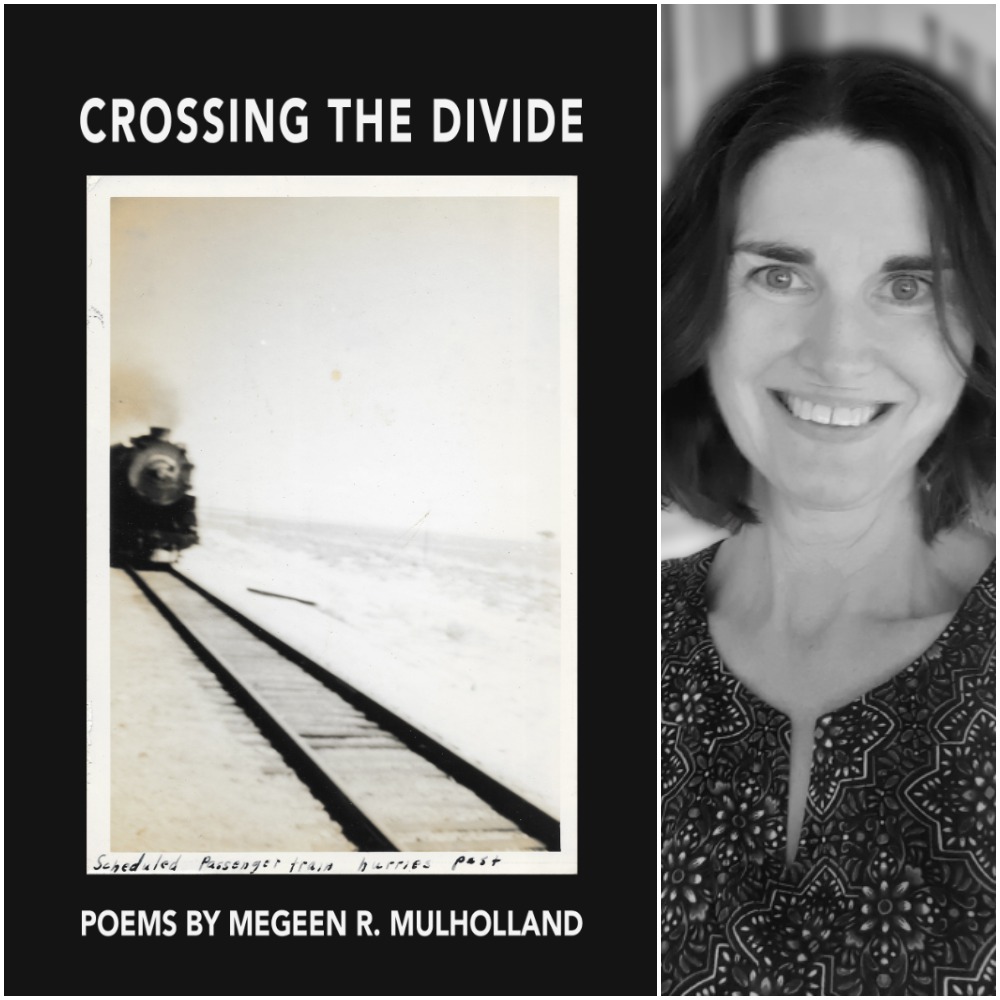
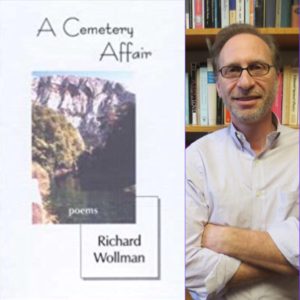
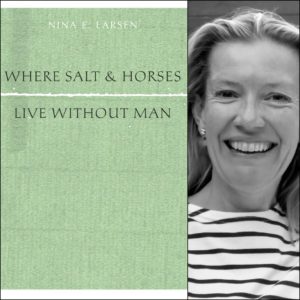
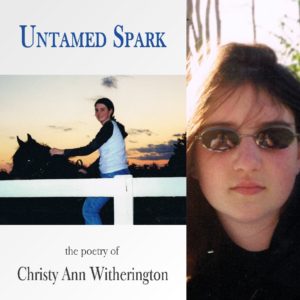
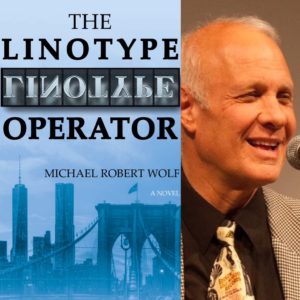
Reviews
There are no reviews yet.